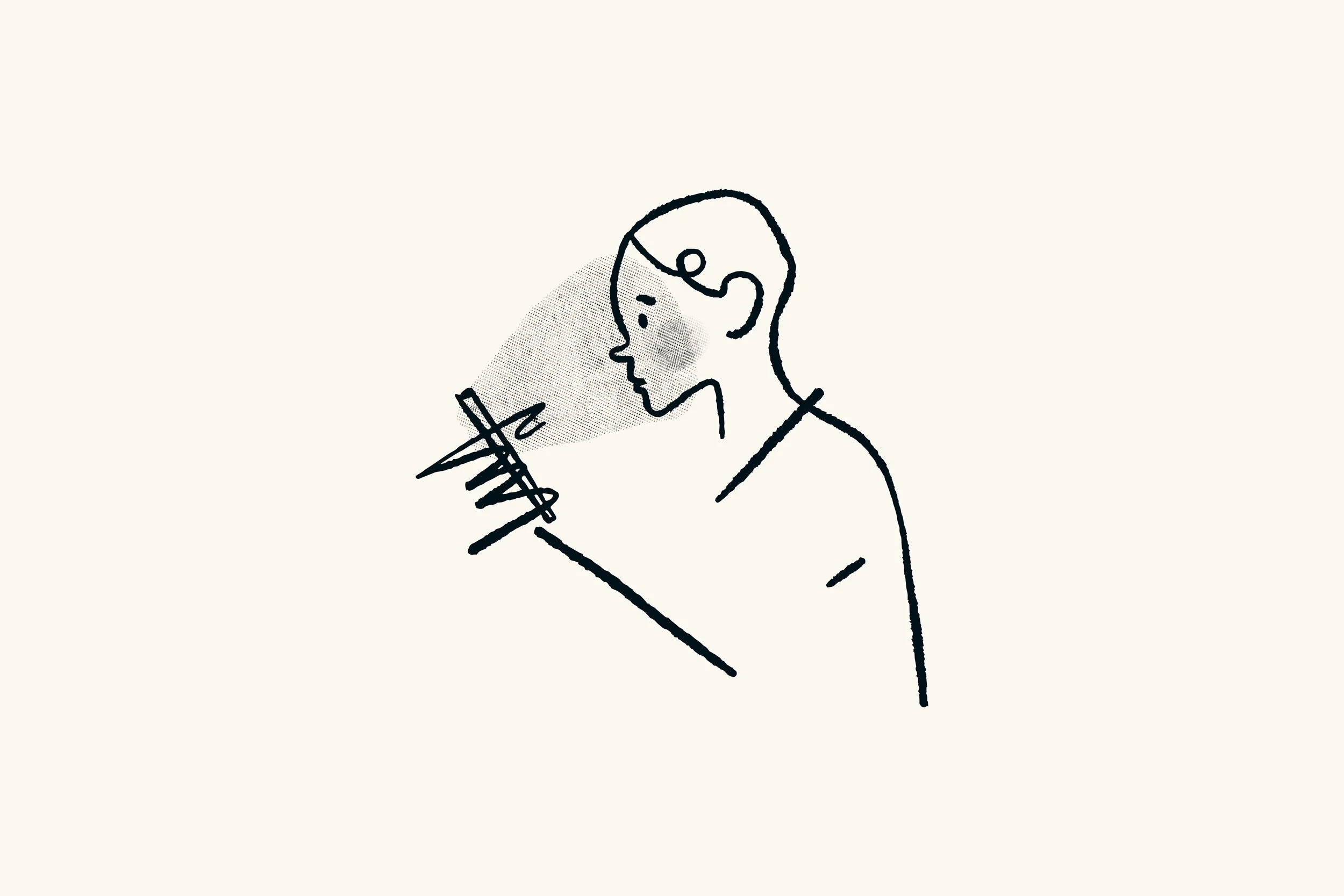Twitter is a strange place right now
I’m sure other social platforms are too, but twitter is what I know and do so I’ll stick to that.
As a platform to communicate, Twitter has been a pretty big part of my professional life over the last 10 years. I was an early adopter. In those first years there was an interesting conversation; an open dialogue and rapid sharing of ideas. I learnt a lot from colleagues, mentors, patients and specialists in other arenas, medical and scientific (especially genomics) and increasingly digital, business and technical.
My following grew, which was nice!
I estimate roughly 30% colleagues, 30% patients, 30% scientists and 10% from pharma / biotech industries. I mostly tweet when I have something interesting to say, when there is a key breakthrough in my area and when I see things that catch my interest in other areas, trying to provide my own interpretation of what I see. I tweet to promote successes of my colleagues and friends and of people who have just done a bloody good job, even if they are complete strangers. Some things on Twitter are genuinely far too hilarious and original not to share. On occasion I’ve had such an epic day and my proper camera with me that there are non-work events / photos to share (mostly I use Instagram for that - I LOVE my cameras). And yeah, I LOVE space, so that creeps in occasionally too (I consume a LOT of space geekery on twitter but share very little). The one thing I stay away from at all costs on twitter is politics. I hate politics on twitter. It is massively distorted as there are only a number of socially acceptable views to take. So, NO politics.
And now?
For a while, Twitter has been a strange place. Since the very beginning, those of us on this platform have been aware of this novel coronavirus, of the dangers of the resulting COVID-19 illness and critically of the emerging pandemic. So here is my personal recollection. It started with the same interest of following any story, but this one was gripping and strangely absent from the news. There was the science and medicine of a novel virus, the epidemiology; the politics, the news, the politics, the science, the medicine. The pandemic. And suddenly it was too late.
Others will write about this; maybe I will too. There are a lot of mistruths on social media. But old hands (and yes, I consider myself one) know how to find robust information and we were doing it together. The messages were very clear, long before Italy and during early Italy days, and we watched and waited and still no response. Did global news channels report responsibly? I only saw parts of the story from them, with so much robust scientific reporting only to be found on Twitter.
We need to learn from this.
And where are we now? Actually now.
Patients are desperate for information. My time has been spent convening groups and writing guidance so we have much needed process and clear information. And, where possible, drawing breath and communicating this guidance. We are doing ok here, but we can do more. In Edinburgh we are a little behind London in terms of spread, so I have had time to produce this. I have put my research ambitions to one side to lead the clinical response. It is the responsible thing to do. My team are still working: we are finding ways to look at how best to capture the impact of COVID-19 on IBD.
But now on Twitter?
It is all COVID-19 and has been for some weeks. Anything and everything else seems insignificant, although I think it will increasingly become a welcome distractions. Lots of talk about science and data, hospital reorganisation and the geopolitical fallout. Unfortunately, there are increasingly tales of people becoming unwell; lives touched and altered forever because of this bloody virus.
And what next?
No one knows what is next. We can learn from China, but things were quite different there. We can learn from Italy and Spain and we must because our colleagues there have worked so hard, yet so many people have died. And we can learn from each other. That is what we have now, and why the platform remains so relevant. We learn from each other, we make guidelines and we share best practice. We communicate to each other and to our patients. We also, and this is so important since our exit strategy depends on it, continue to research. There are some tremendous efforts: many friends are working super hard on the virus itself and on the host response. Others, my team included, are looking at the impacts of IBD and drug therapy on COVID-19 disease and of this virus on IBD outcomes. Research is our exit strategy. From earlier diagnosis, to better social measures, to risk reduction, better therapies (from tablets to drips to ICU measures), better recovery strategies and ultimately vaccination. This won’t be our last pandemic, but it could / should be the last one for which we are this badly prepared.
I know some people remain scared and anxious. But I want to provide an upbeat note. We are tackling an unprecedented threat in a unique time. We have genomics, biotech, pharma, social media and a global will to beat this virus. It has already impacted every single person on this planet.
Learn, adapt, communicate, prepare … and never let us be so exposed again.

